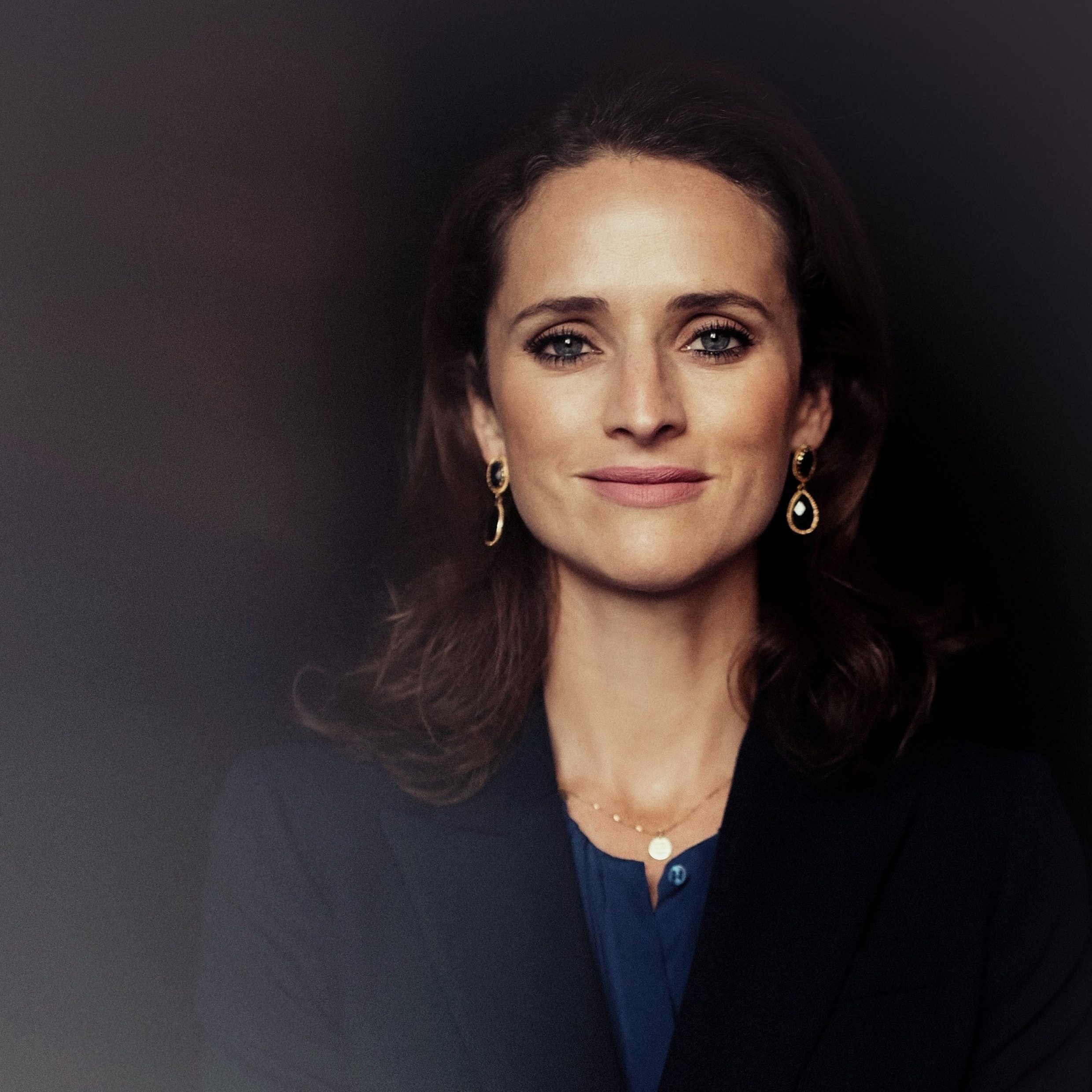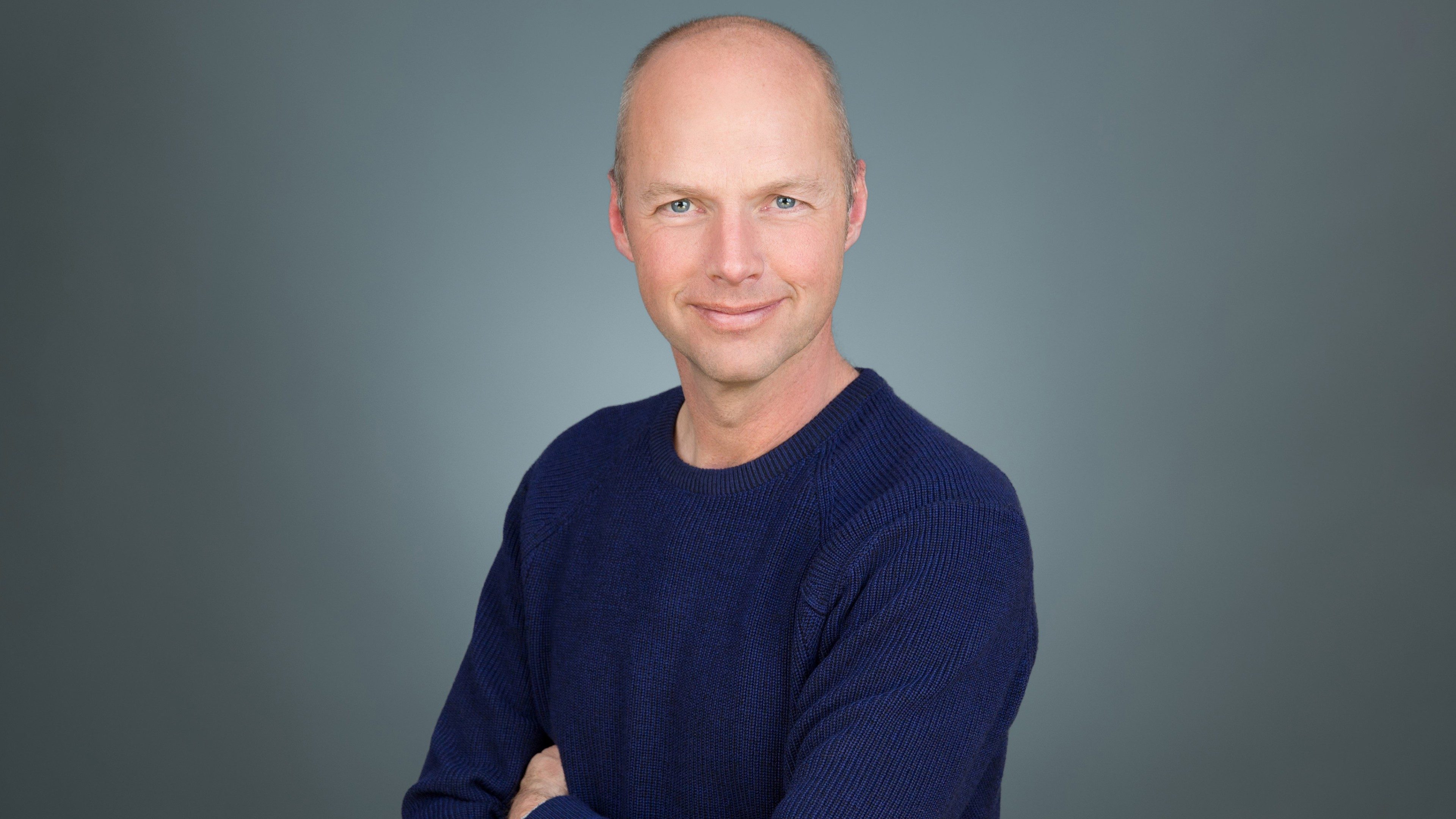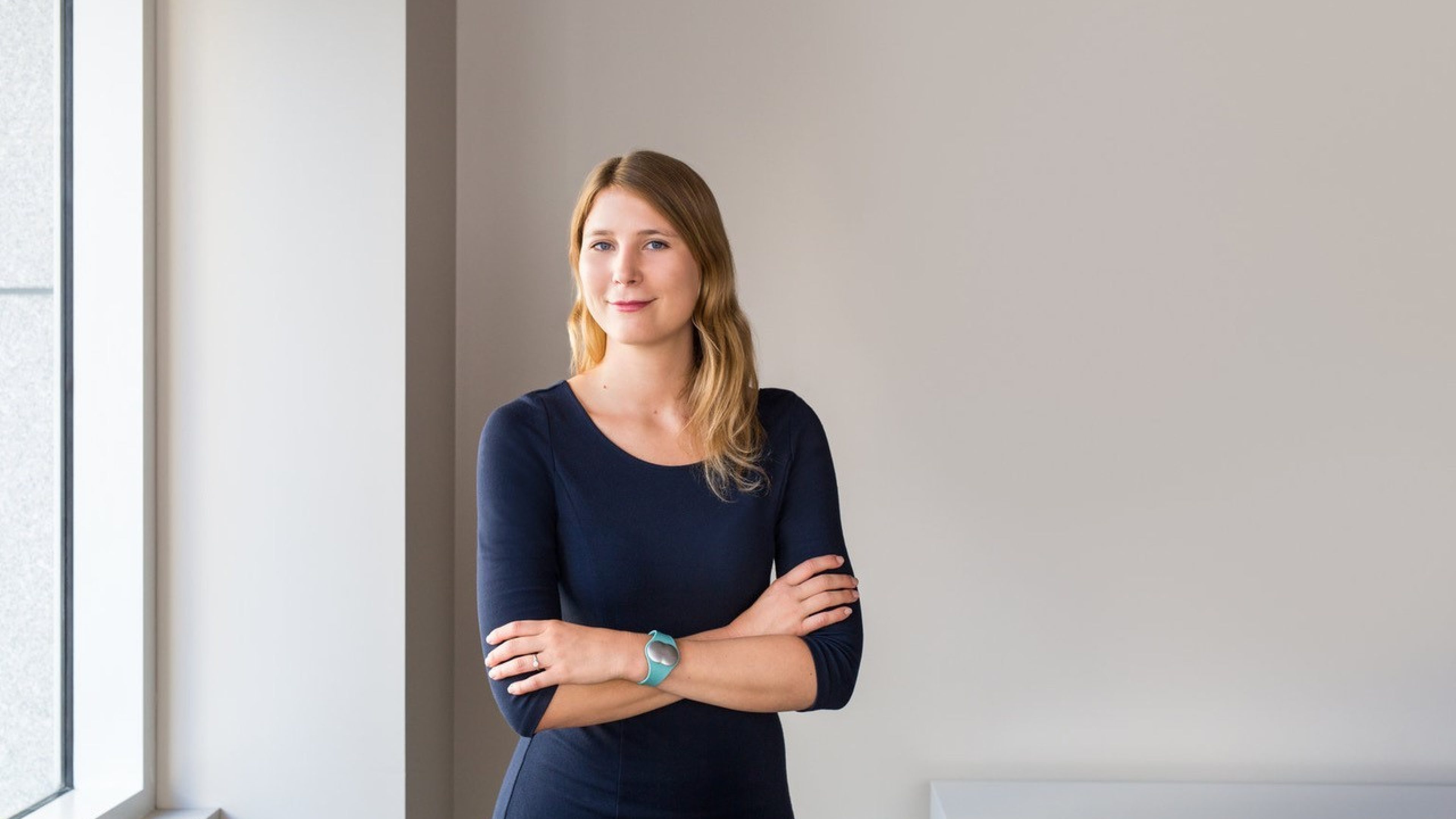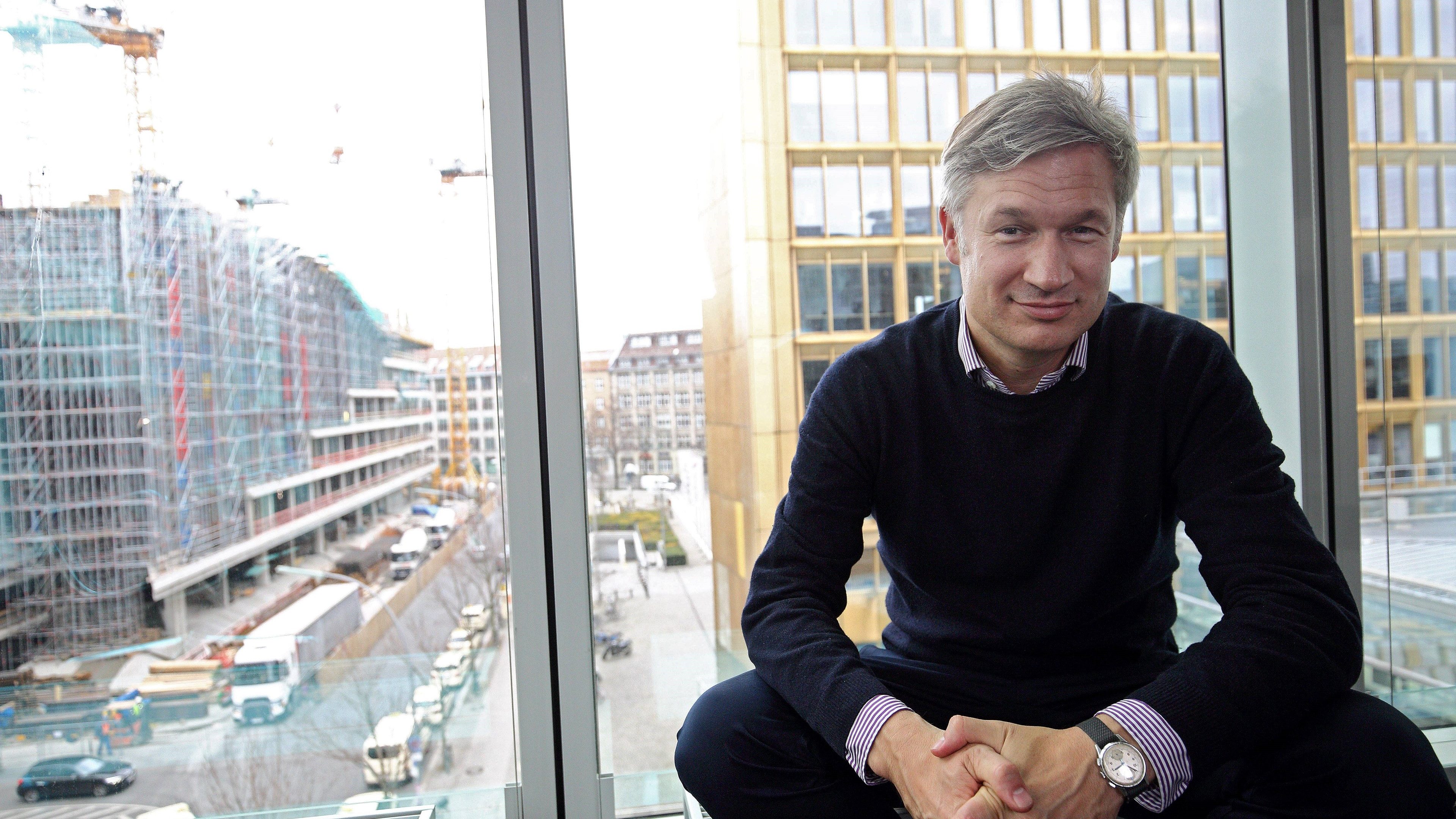In her new book, German start-up pioneer Verena Pausder presents her vision for a new country and a culture of courage. The foundation of modernisation is digital education.
Why is one of Germany’s most successful digital entrepreneurs writing a political book?
Because I want to be true to myself. We are currently experiencing the transition from industrial capitalism to digital capitalism and it would be dishonest to pretend we can just sit it out. We are well on our way to becoming a recreational area for China. We need a vision for a new country – and I tried to formulate one in my book.
Why this urgency? After all, Germany is one of the richest countries in the world with high GNP and low unemployment.
We’re still fine. But time is running out and the next generations will have to pick up the tab for a number of things, for example excessive government debt, the pension system, global warming or digital backwardness: I don’t want to have to explain to my children that we knew these things and didn’t do anything about them. The coronavirus is brutally exposing our digital deficit. Reforms are not enough. We need disruption – we must radically change economic and political life in order to be equipped for the future. The economy must play its part in that.

Is the coronavirus accelerating modernisation or rather fuelling fear of progress?
The pandemic has led to shock-induced paralysis. The government is calling the shots. Individuals are asking themselves: what can I do? We have to free ourselves again. We're not controlled externally. We all have a responsibility to help shape the future.
So we need more courage to be self-determined?
Exactly, at the same time self-determination does not mean self-fulfilment. We need to move beyond this “Me first attitude,” where it’s all about one’s own progress, and think more about the common good. We need to leave our comfort zone in Europe, get up off the sofa. Now’s the time to be brave. The core of the new country is a new entrepreneurial spirit. That calls for commitment, creativity and acceptance of risk: daring to act before making a judgement. Try something before deciding it’s bad.
You talk about digital education as the foundation of the new country. Is that happening now through the coronavirus?
There’s a lot of talk about it, but I fear we will return to complacency once the vaccine comes and the schools are back to normal. A recent UN study says: two out of three schoolchildren will work in jobs that don’t even exist yet. But we are not training our young people for these jobs of the future, we are preparing them for jobs that will become redundant through digitalisation. We need to ask ourselves: how do we adapt our education system to the challenges of tomorrow’s labour market? Should our children and grandchildren be restricted to applying American or Chinese inventions, or should they be able to express their own creativity and come up with their own inventions?

And how are schoolchildren to learn these skills for the future?
By moving away from the current education curriculum and giving more scope to new things: project-based, interdisciplinary teaching involving new technologies. Coding is the Latin of the future. Programming must be anchored in everyday school life. As must robotics, game designing or digital photography. Most importantly, these skills must be taught in such a way that the girls also feel included.
How does that apply to bringing up children? You are a mother of three: is there a master plan for the correct use of digital devices?
The key is to separate digital consumption from digital design. One must be clearly regulated and the other encouraged. For us at home that means digital consumption is strictly limited by screen time and all devices must be handed in by 8:00 p.m. But if the kids want to cut a video, shoot a stop motion film or do some programming, then there is no time limit. I’d never put a limit on playing with lego either.

You are also calling for a rethink in the economy: a ubiquitous start-up company culture.
Yes, but I want to clear up a misunderstanding about so-called new work. We have to move away from this idea of every millennial coming to the office and leaving whenever they want. And having a ping-pong table, a hammock and a bowl of fresh fruit waiting for them. Those are not the reasons for the success of start-ups, instead their success comes from hard work and the nurturing of employees’ self-motivation.
So more self-determination again?
Yes, by setting clear goals for employees, but at the same time giving them the freedom to plot their own path to those goals. So more self-motivation instead of permanent control and pressure. This makes us more self-determined, satisfied and thus more efficient. That is the real reason behind successful start-ups. The more we work from home, the more important this emphatic leadership style becomes.
What contribution can the state make to the “new country”?
It must provide the infrastructure for innovation. Whether fast broadband or mobile 5G technology, test landing sites for airborne taxis, test areas for autonomous driving and drone transport, or deregulated data rooms: companies should be able to try things out more without being too restricted.
Does that include state funding for innovation?
I don’t think the state is necessarily a better entrepreneur or investor. But the fact is that start-ups are leaving Europe as soon as they become successful, because we lack funding sources for big investments of 100 million dollars and upwards. Pension funds and insurers need to be allowed to invest in these vehicles – as they do in many other countries – to significantly increase the capital available to local start-ups.
Do you see yourself as representing a new political movement?
I have the impression that my generation of 35 to 45-year-olds is buzzing and that the interest in socio-political action is growing massively. However, the way to do that is no longer automatically party politics, but whatever works best for the individual. For some, that could be organising a hackathon, for others establishing a social enterprise or a foundation.
You are demanding a new digital ministry for the 2021 Bundestag election. Verena Pausder for Germany's first digital minister?
The main thing is to have a digital ministry, the minister doesn’t have to be Verena Pausder.
Photo credits: © Kim Keibel / © Patrycia Lukas

Verena Pausder
Verena Pausder (41) is not only one of Germany’s best-known start-up pioneers, she is also a tireless advocate of more digital education. Her companies “Fox & Sheep” and “Haba Digitalwerkstatt” playfully teach children programming and how to use digital technologies. The Business Administration graduate (University of St. Gallen) has received several awards, including “CEO of the Future” (McKinsey & Co) and being nominated by Forbes as one of “Europe’s Top 50 Women In Tech”. In addition, Verena Pausder is the Young Global Leader of the World Economic Forum and an investor, supervisory board member and political advisor. She lives with her husband and three children in Berlin. In September her book “Das neue Land” (The new country) will be published by Murmann Verlag.





